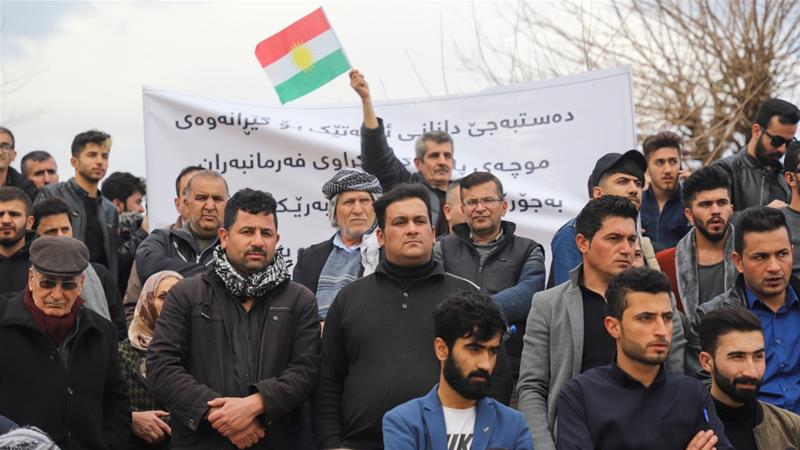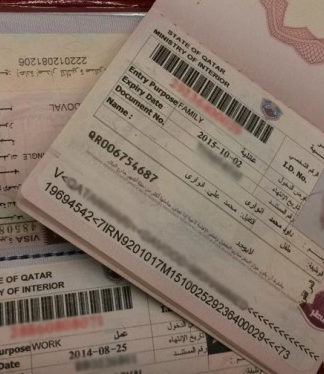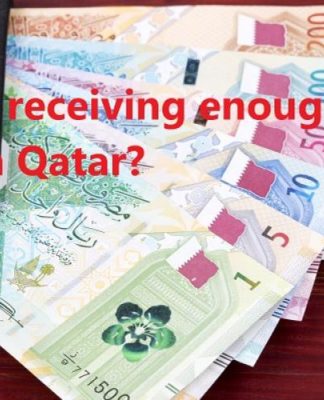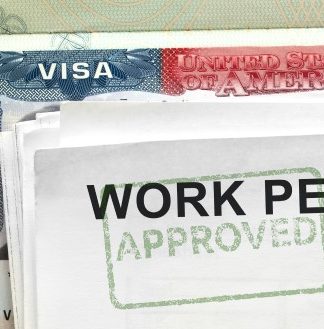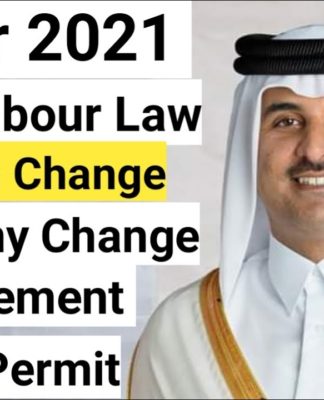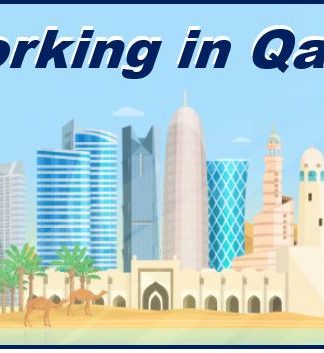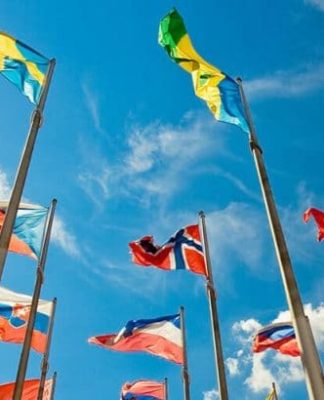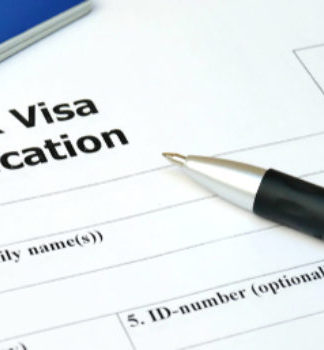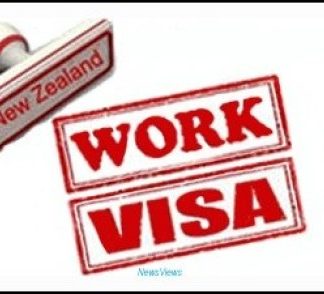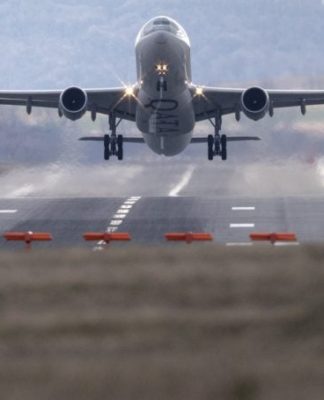A recent gas crisis in the Kurdish region of Iraq shows just how dangerous intra-Kurdish conflict can be.
-
![Corruption and partisan politics can bring down the KRG Iraqi Kurds hold a rally to protest corruption and scarcity of services, in Freedom square in the northern city of Sulaimaniyah [Shwan Mohammed/AFP]](https://www.aljazeera.com/mritems/imagecache/mbdxxlarge/mritems/Images/2020/3/1/2d82ecb1cd1f4a73b9b4b40040d654a2_18.jpg)
Iraqi Kurds hold a rally to protest corruption and scarcity of services, in Freedom square in the northern city of Sulaimaniyah [Shwan Mohammed/AFP] MORE
In early February, the oil- and gas-rich Kurdistan Region of Iraq (KRI) woke up to a major energy crisis.
Its residents faced an acute shortage of propane gas canisters for cooking and heating, which led to prices jumping threefold. The crisis hit in the middle of winter as temperatures dropped below zero, stirring public anger.
KRI residents had every right to be angry. Like many previous failures in basic service provision in the region, this one also had to do with corruption and clashing business interests of powerful political blocs.
The problem started on February 1, the date that the Sur Gas company, which in 2019 won a tender to distribute liquefied petroleum gas (LPG) from the Khor Mor gas field in Sulaymaniyah province, was supposed to begin operations.
First, the office of the company was raided by unknown armed men and then its trucks were shot at and stopped, cutting off the supply of gas to the rest of the region.
According to media reports, the attacks were related to a dispute over the tender between the people who stood behind Sur Gas and Golden Jaguar, the company that held the contract previously. The two companies are allegedly tied to different factions within the Kurdistan Democratic Party (KDP) and the Patriotic Union of Kurdistan (PUK) – the two most powerful parties in the KRI.
The Kurdistan Regional Government (KRG) threatened to send police units to the gas field to secure the area and make sure the trucks make it through. The issue was eventually resolved after the intervention of Deputy Prime Minister Qubad Talabani of the PUK, which allegedly led to the conclusion of a deal between the various sides to the dispute.
In statements, various officials admitted for the first time that mafias were in control of the energy sector and that needed to change. For years, the KRI has suffered from the fragmentation of public authority due to deep partisanship, which has led to the emergence of multiple centres of power, especially in the regions controlled by the PUK – namely Sulaymaniyah province.
The security sector has been weakened by the continuing division along partisan lines within the intelligence, police and Peshmerga, the KRI’s military force. Apart from the Peshmerga units loyal to the KDP and the PUK, there are various powerful figures within the political elite who have their own private militias.
This has made the formal government institutions and police powerless in holding to account politically connected individuals who act outside of the law. It has also allowed for unhinged corruption propagated by vast clientelistic networks which swallow much of the funds accumulated from the sale of the KRI’s natural resources.
As a result, public infrastructure projects and social provision in the KRI have suffered, which has angered the local population. Despite KRG officials constantly promising 24-hour electricity, the KRI still gets only an average of six hours of power from the government, roads are in bad shape, there are severe problems with water utilities and sewage, and poverty and unemployment are on the rise.
Over the past decade, there have been repeated popular protests across the region against corruption and substandard service provision. While Iraq’s Kurds have not joined en masse the protests in Baghdad and the south of the country, this does not mean that the region is safe from similar violent upheaval. There have already been some protests in several areas in the KRI.
If the corruption and infighting between Kurdish officials over the control of natural resources continue, they could undermine the stability of the KRI and damage its reputation on the global stage.
The KDP and the PUK have been dragging their feet about taking action against corruption and the politicisation of security institutions. The KRG’s signature legislation – the Reform Law – does not really address the issue of corruption in the natural resources sector despite the new cabinet’s anti-corruption mantra since its formation last year.
In addition, powerful figures within these parties have also sought to hinder the unification of the Kurdish security forces, including interior ministry forces, counterterrorism forces, intelligence, and the Peshmerga, because they want to retain personal control over them in order to continue their corrupt profiteering.
The Kurdish public increasingly views Western countries as the protectors of the KDP and the PUK who prey on the region’s wealth and use these Western-trained and equipped forces to quash public dissent and protests.
The West, especially the United States, has tried to help the KRG unify the KDP and the PUK forces under the command of the ministry since 2007. However, these efforts have so far failed, not only because of the hostility between the two main parties but also because of Washington’s unwillingness to leverage its military and financial aid to get them to accept reforms.
If the situation continues to deteriorate in the KRI due to KDP-PUK tensions and this threatens US interests by making the region more susceptible to Iranian influence, the US may be compelled to take action. One tool available to US decision-makers is the Magnitsky Act, which allows for sanctions of corrupt officials in foreign countries.
The Act has already been used against Iraqi nationals. Last year, three Iraqi militia leaders and one businessman were sanctioned over corruption and violence against protesters in Baghdad.
Given that much of KDP and PUK wealth is invested in the West, sanctions passed under the Magnitsky Act could severely hurt senior Kurdish officials.
It is time the Kurdish political elite realise that it is in their direct interest to give up on their narrow personal interests and allow for the strengthening and depoliticisation of KRG institutions, the unification of security forces and the reform of the natural resources sector. It is urgent that both the KDP and the PUK take action in this direction, especially now, as Iraq faces major internal instability, a government formation crisis, widespread protests and the fallout from the US-Iran escalation.
As for the US – if it wants stability and security to prevail in the KRI, it must side with the people and formal government institutions by sending a clear, credible message to corrupt officials who seek to exploit its natural resources for personal gain. If left unresolved, such infighting has the potential to trigger intra-Kurdish conflict with wider ramifications for regional and international security.
The views expressed in this article are the author’s own and do not necessarily reflect Al Jazeera’s editorial stance.
ABOUT THE AUTHOR
Yerevan SaeedYerevan Saeed is a Research Associate at Middle East Research Institute.














